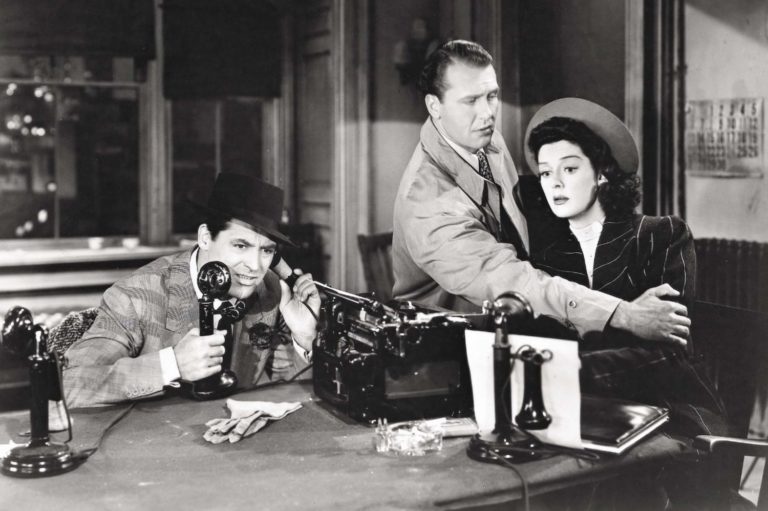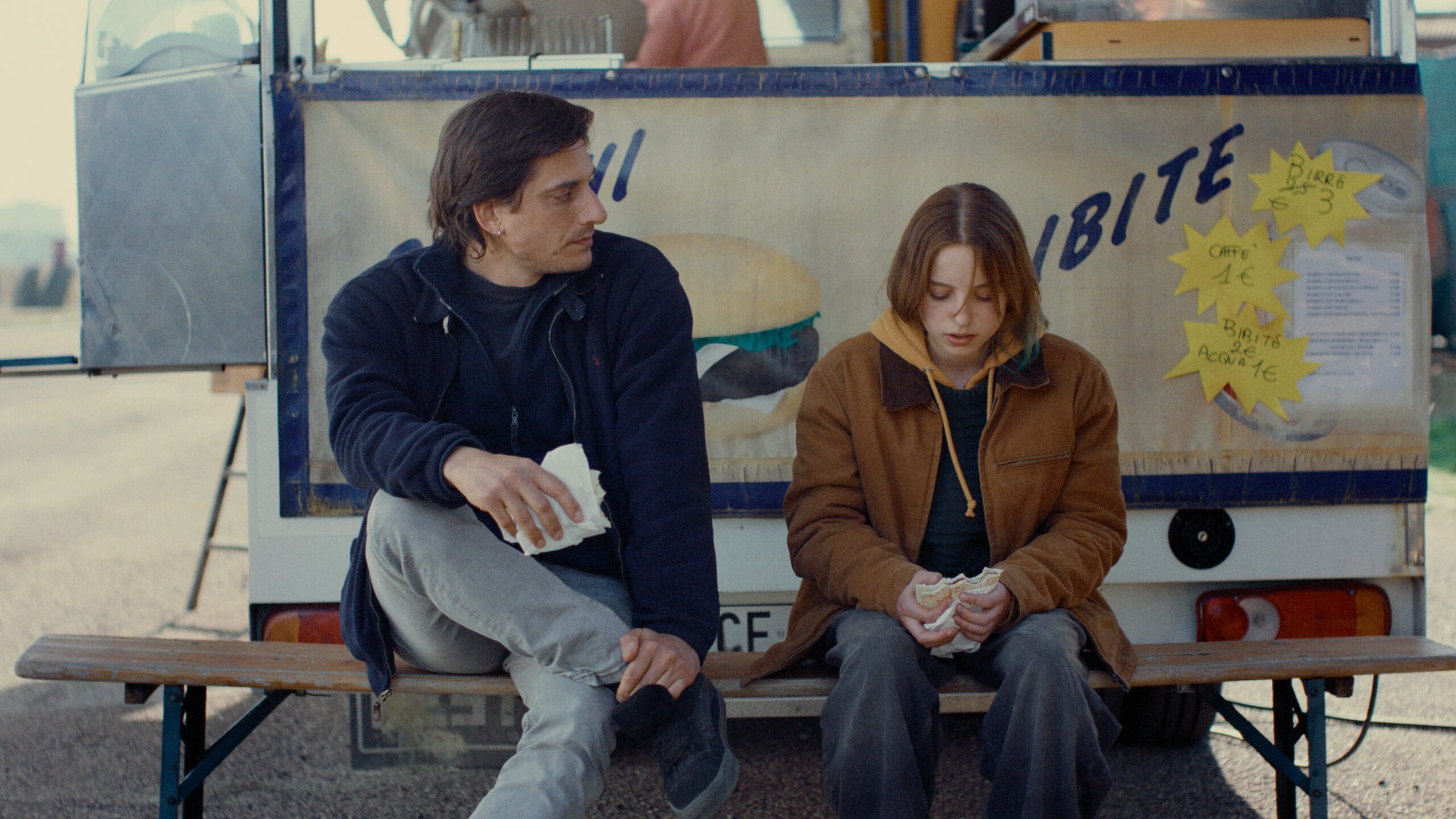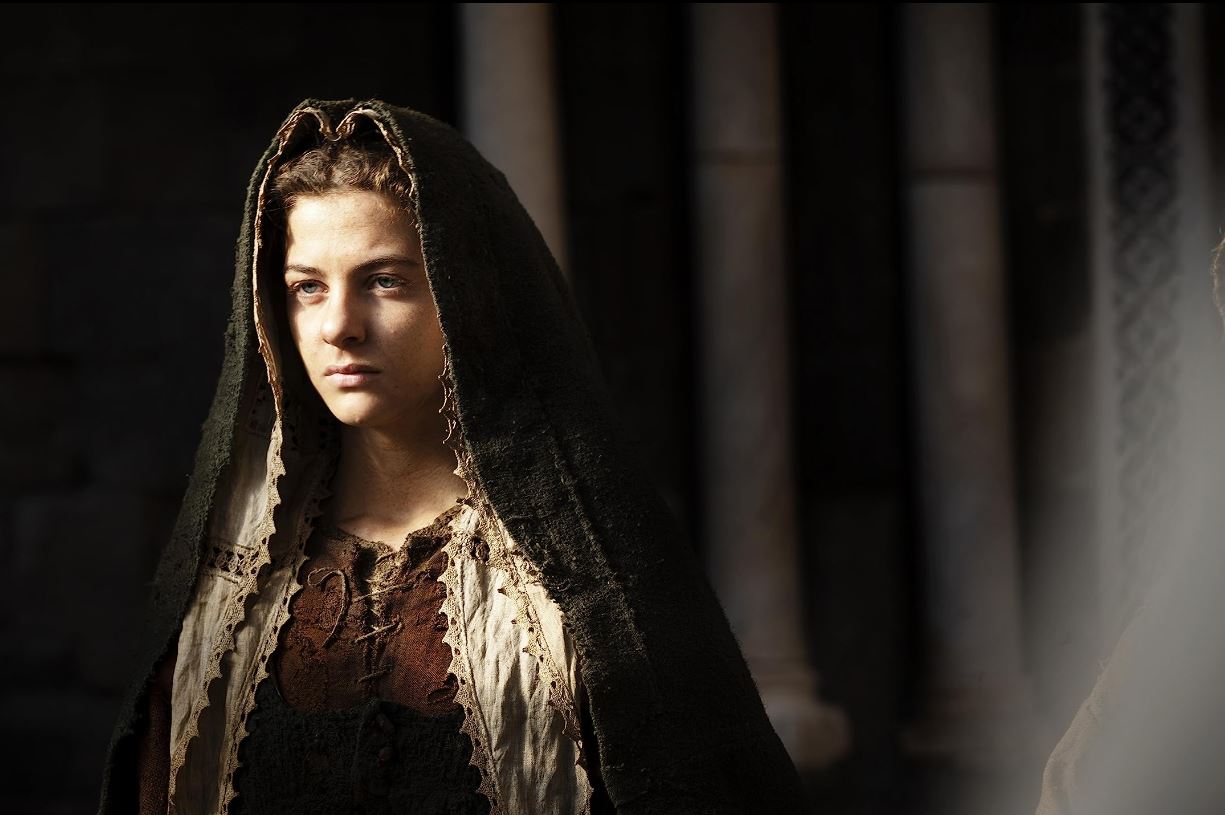
Streaming on The Criterion Channel, “His Girl Friday” (1940) by Howard Hawks is a meticulously written, shot, and edited laugh-out-loud comedy starring Cary Grant, Rosalind Russell, and Ralph Bellamy. Though not particularly lauded upon its initial release, it became a go-to example of classic Hollywood filmmaking style thanks to its reevaluation as a much-studied 16mm print in the burgeoning film schools of the 1970’s. Its reputation is merited not only for epitomizing that style, but for excelling within its adherence to that tradition where countless others, just as beholden, do not.
Much of modern comedy in cinema has unfortunately been left at the mercy of however funny an actor’s improv happened to be on the day of shooting, abdicating the rich history of comedic technique crystallized in the work of Buster Keaton and Charles Chaplin. Today, a performer’s delivery of high school cafeteria humor tends to dominate the culture instead of filmmakers using an entire cinematic toolbox to set a stage and deconstruct space with effective timing to create waves of funny by means both visual and witty. As outliers within the modern trend, Edgar Wright and Jackie Chan come to mind as two keepers of the flame of comedy and comedic action achieved through purely cinematic means, using performance within the scope of composition and editing to strike a chord, as does Hawks’s picture.
The setup of “His Girl Friday” would be admirable to anyone teaching a course on how to form a Hollywood concept: A journalist (Russell) informs her editor (Grant) who happens to be her ex-husband, that she’s quitting to marry another man (Bellamy) so as to have the conventional life of a housewife and mother. The editor appeals to her true nature by conniving for her to cover one last great story, convincing her she doesn’t want to leave the life of a journalist (at his side) after all.
Whereas most of today’s commercial fare, whether dramatic or comedic, uses variations of the chase scene to blatantly mark one goalpost after another along the picture’s pre-ordained moments of transition, Hawks does so with an energy of elements similar to a chase, such as the pursuit of a goal within self-contained set pieces, but with a momentum riding on wit and characterization stemming from relationships, both work-based and personal, instead of a physical pursuit on foot or in vehicles.
The movie is full of scenes from newspaper rooms, to restaurants, to jailhouses in which carefully composed shots of people seated or standing around tables and telephones lead to the deconstruction of that space from closeup to closeup, in relation to wider shots of entrances and exits, all cut to the rhythm and flow of the characters’ speech and conversation.
Its well-known use of overlapping dialogue predates Robert Altman by at least three decades. The source material predates him even more as both a Broadway play and another motion picture released around a decade before “His Girl Friday”. The ingenious decision made by Hawks right off the bat was to change the original story from being about two male colleagues, one who wants to leave the rough and tumble of journalism to marry a woman and live a more conventional life, into a woman who wishes to do so by marrying another man. This infused the dual plot lines, that of pursuing the journalistic story of the year and that of an editor losing his best writer, with a third line of tension stemming from a former lover’s pursuit of romantic re-conquest.
The result is a picture that is not only gripping and hilarious, but de facto feminist to boot. Russell’s character is not a token member of the staff, nor is she an evangelist for the workplace rights women would receive far too belatedly decades later. Within the world of Hawks’s picture, she simply is, owning her sense of agency and enfranchisement not from atop a platform provided by an unambiguously activist script, but by the taken-for-granted-reality of her doing so for herself, whether it’s as a fellow journalist respected for the quality of her work or as a would-be wife and mother. Considering the times she lives in, one assumes she does have to choose between the two, but didn’t everybody to one extent or another? Don’t many still? Perhaps a modern take on the same material would show a couple with kids both trying to keep their careers afloat. But even in 1940, she’s not a pawn in the manipulations of her former boss and husband, but dives right into her work when the good journalist she is simply cannot lose out on reporting a good story, while at the same time being nobody’s fool.
Classic Hollywood storytelling though it may be in terms of structure and plot, “His Girl Friday”, like “Boogie Nights”, “The Social Network”, and “The Wolf of Wall Street”, is also a great refutation of the notion that talk is inherently uncinematic. It works within the tradition of Hollywood style to bring about brilliance from both its written source material and director whose pure craftsmanship balances the macabre with the comedic, workplace with romance. And even if all of that means nothing to you, you’ll laugh your ass off anyway.
ABOUT GIÒ CRISAFULLI:
Giò Crisafulli is the Chief Entertainment Critic for NOIAFT and writer/director of “Children of God” which he is producing with Melissa Batista at Zio Ciccio Cinema, in which an actor who’s the son of a priest and nun is on the verge of stardom while having an affair with a painter from Italy. A sensational and intuitive look into the romance of two people, it will show how any relationship can be a fleeting microcosm of one’s life.
Check out Giò’s interviews at Lincoln Center’s Opens Roads New Italian Cinema:








